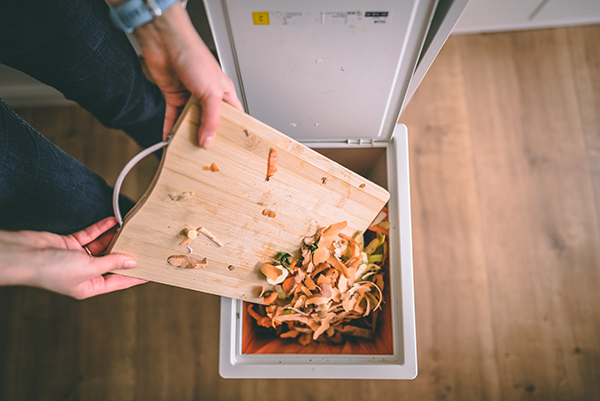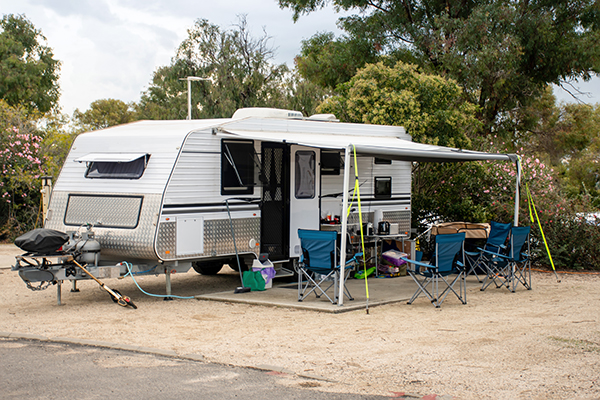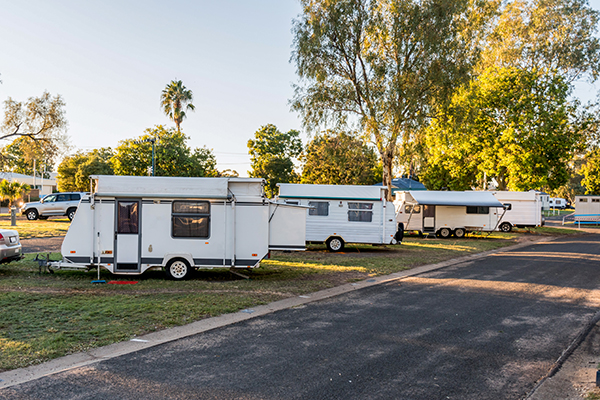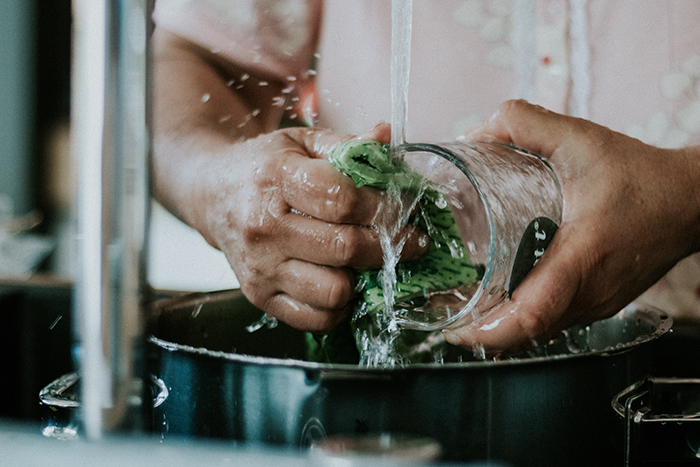



Nothing ruins a relaxing road trip or a peaceful holiday faster than unpleasant odours and the threat of falling ill. Properly managing grey water—the non-sewage wastewater from showers, sinks, and washing machines—is crucial for maintaining hygiene and ensuring a pleasant travel experience. Whether you’re a seasoned vanlifer or new to the road, sharing these insights on grey water management can make a significant difference.
Why Grey Water Management is Crucial
Left unchecked, grey water can quickly become a breeding ground for bacteria, especially in hot conditions. Within a day, what was once just water from your kitchen sink or shower can turn into black water, emitting foul odours and posing serious health risks. Moreover, grey water often contains soap residues and other chemicals, which can harm the environment if not disposed of properly.
Practical Tips to Keep Grey Water Manageable
To ensure your travels are smooth and hygienic, here are some practical strategies to manage grey water effectively:
- Septic-Safe Products: Use soaps and detergents that are friendly to septic systems. These products reduce harmful residues and are easier on your grey water system.
- Regular System Cleaning: Maintain your grey water system by cleaning it regularly. This includes thoroughly rinsing hoses after each use to prevent buildup and odours.
- Freshen Drains: Periodically clean drains with a mix of baking soda and vinegar. This helps keep them clear and prevents unpleasant smells.
- Solid Waste Disposal: Remove solid debris from dishes and throw it in the trash instead of washing it down the drain. This prevents clogs and reduces the burden on your grey water system.
- Tank Cleaners: Use specialized grey water tank cleaners to keep the system fresh and efficient. These cleaners help prevent the buildup of bacteria and odours.
- Shower Use Only: Reserve your shower for bathing. Using it as a toilet can complicate grey water management and lead to additional sanitation issues.
- Pre-Cleaning Dishes: Wipe down plates and utensils with paper towels before washing. This minimizes food residue and makes your grey water easier to manage.
Best Practices for Grey Water Disposal
Different scenarios call for different grey water disposal methods. Here’s a guide to handling grey water in various settings:
- Campsites Without Disposal Facilities
In many campsites, you need to store your grey water due to the lack of dedicated disposal systems. Here’s how to handle it:
- Built-In or Portable Tanks: Most modern motorhomes and caravans come equipped with grey water tanks. If yours doesn’t, consider retrofitting a tank or using a portable option. Affordable solutions are available at hardware stores, and even a large plastic container can work if connected correctly.
- Confirm Campsite Rules: Some campsites have specific requirements for grey water management. Always check the regulations to ensure you’re compliant.
- Locate Public Dump Points: Given that grey water can quickly become black water, especially in warm conditions, find the nearest public dump point for safe disposal.
- Avoid Illegal Dumping: Never discharge grey water on the road. It’s illegal and poses significant health and environmental risks. Always find a proper disposal point.
- Caravan Parks
Caravan parks often provide designated areas for grey water disposal. Here’s how to manage it effectively in these locations:
- Use Designated Drains: Connect your outlet hose to the specific drains provided for grey water disposal. These are usually clearly marked in caravan parks.
- Consult Park Staff: Some parks may allow you to direct grey water onto grass or garden areas, especially during droughts when this can aid irrigation. Always check with the staff for the preferred method.
- Adhere to Guidelines: Follow the park’s disposal methods to ensure compliance and maintain a clean environment for all guests.
- Free Camps
Free camps typically don’t offer any grey water disposal systems, so you’ll need to manage it on your own. Here’s how:
- Direct Ground Discharge: It’s generally acceptable to let grey water flow onto the ground unless there are signs indicating otherwise. Ensure you do this away from water sources and public areas.
- Be Respectful: Position the hose outlet away from other campers to avoid affecting their space. Always be considerate of your surroundings and the environment.
By following these guidelines, you can manage grey water effectively, keeping your travels enjoyable and respectful of both the environment and other campers. Whether you’re at a campsite, a caravan park, or a free camp, these practices ensure that you handle grey water responsibly.
If you found these tips helpful, consider sharing this article with others who might benefit from this information.
For those eager to dive deeper into the world of caravanning and road trips, the Fraser Coast Expo from July 19th to 21st at the Maryborough Showgrounds is a must-visit. This event will showcase the latest in caravans, campers, and hybrids across various price ranges. Additionally, RACQ will host three educational sessions per day, covering essential tips and tricks every road warrior should know.
Attending the expo is a fantastic opportunity to learn more about managing grey water and other vital aspects of road life, ensuring your future adventures are both enjoyable and environmentally responsible.

